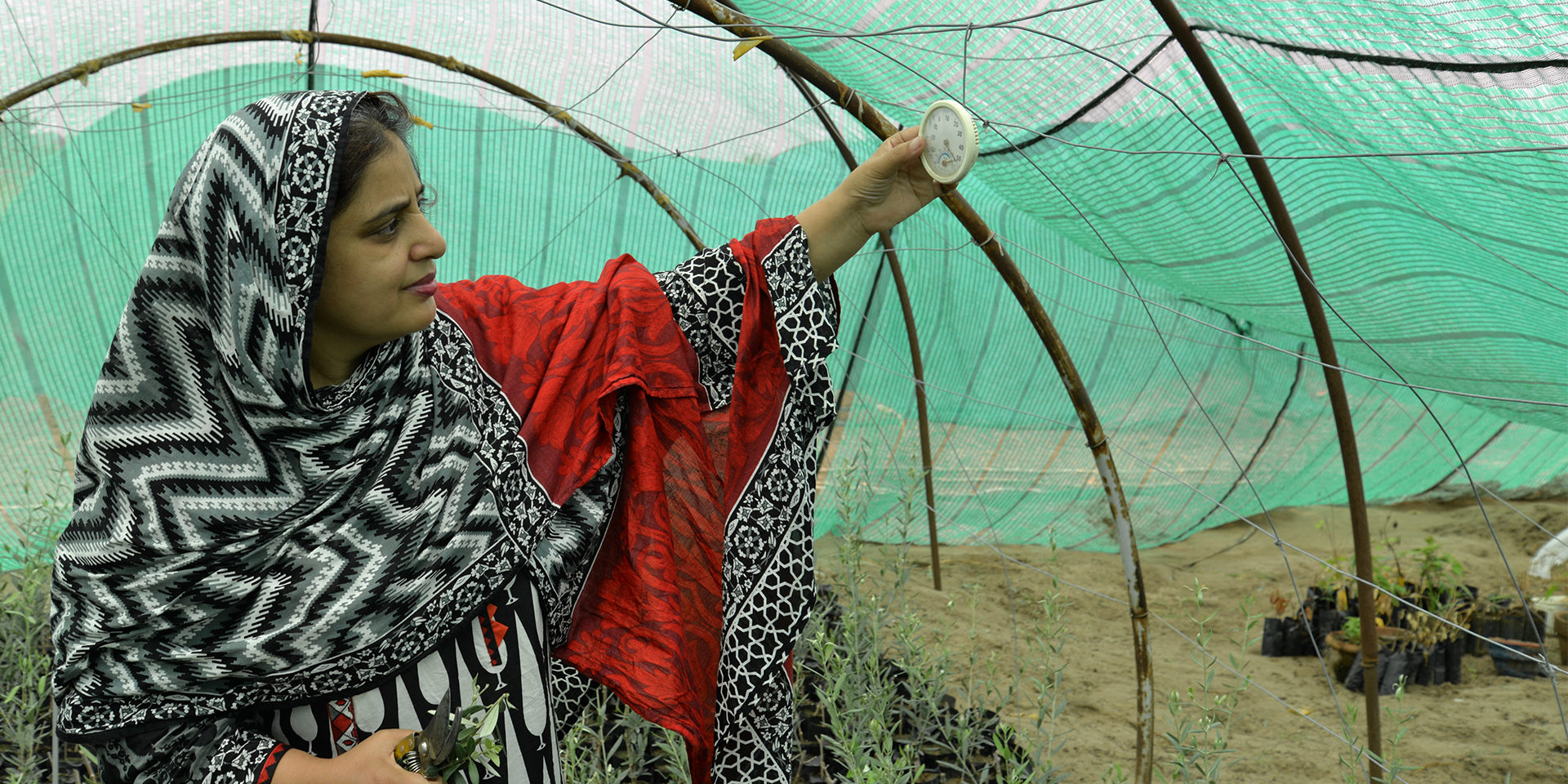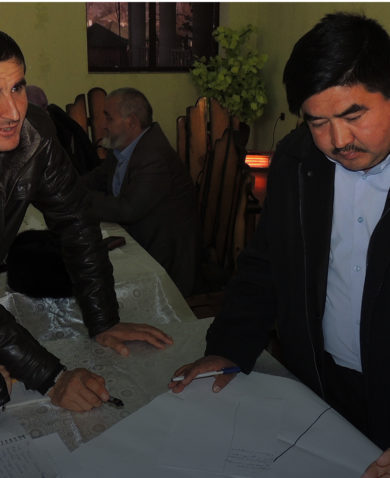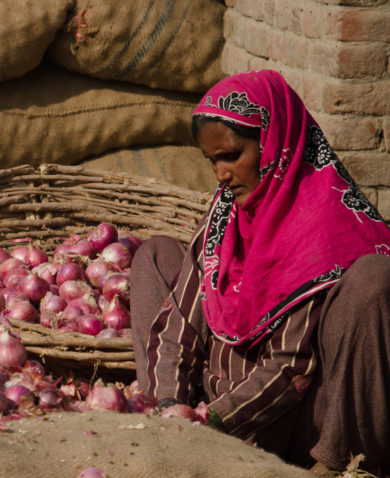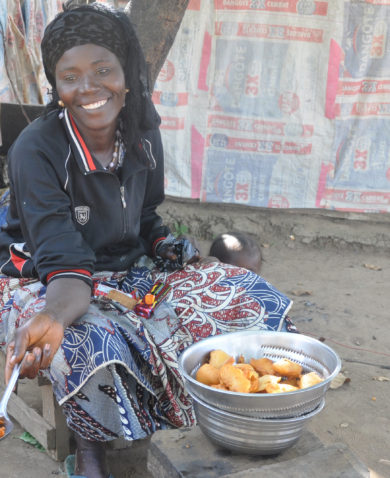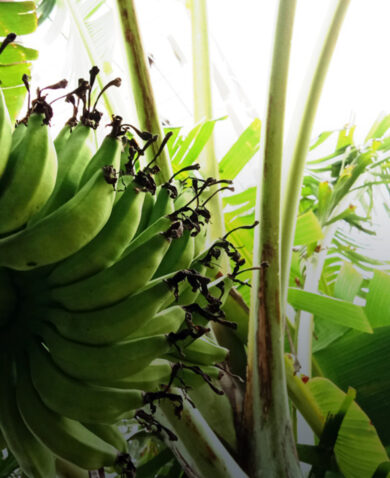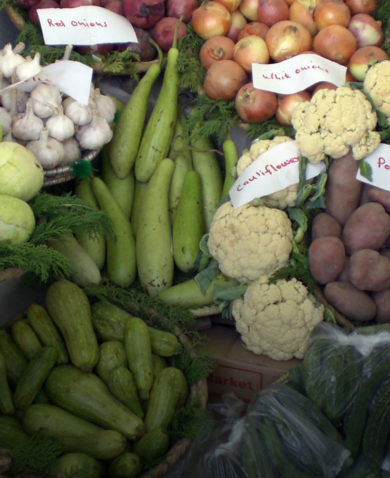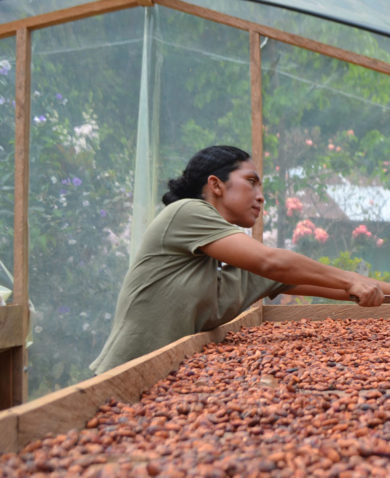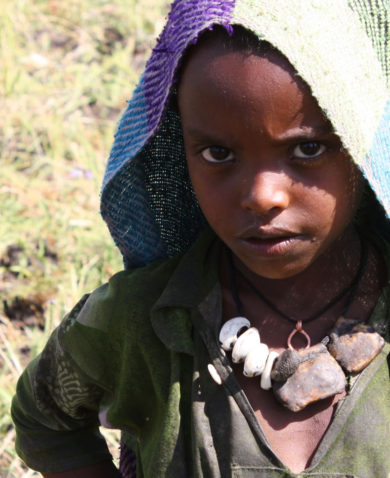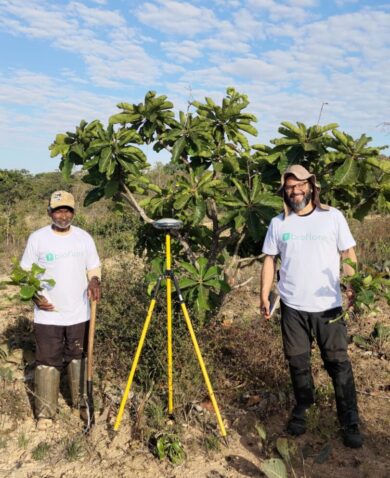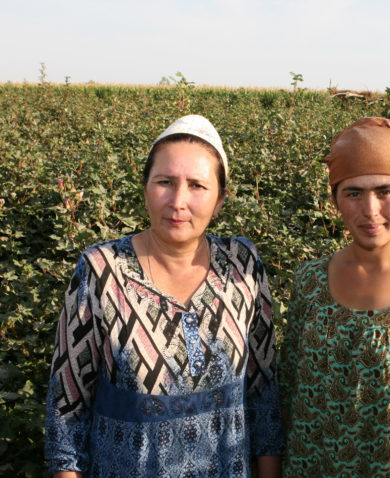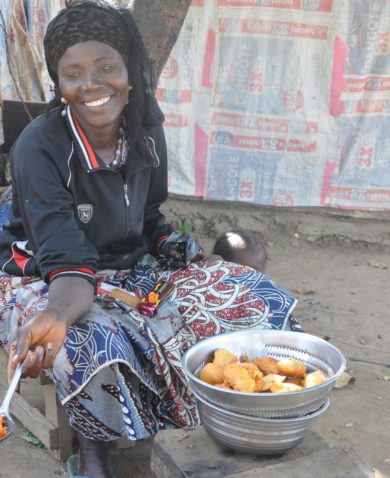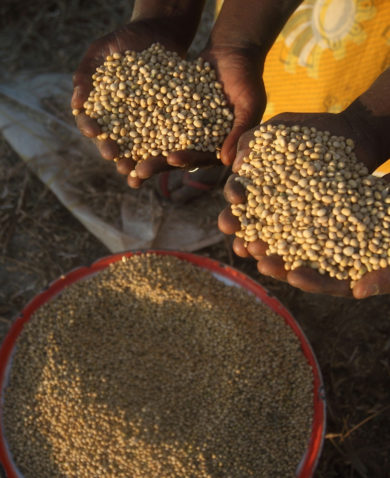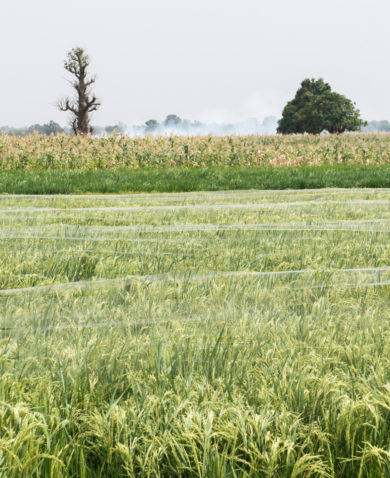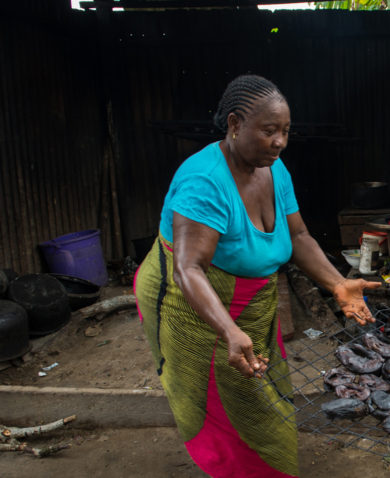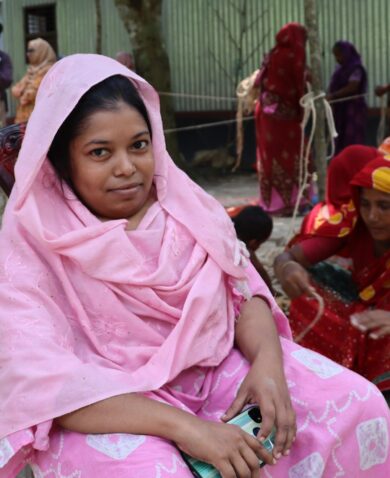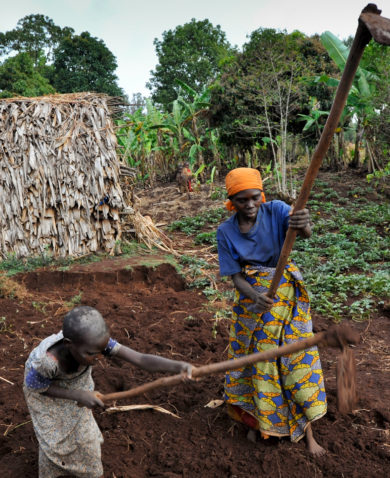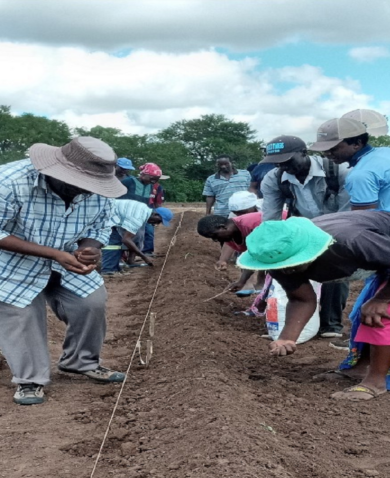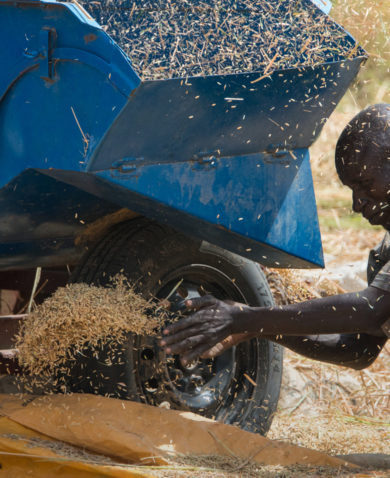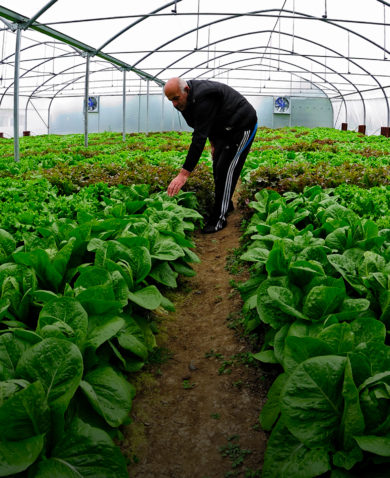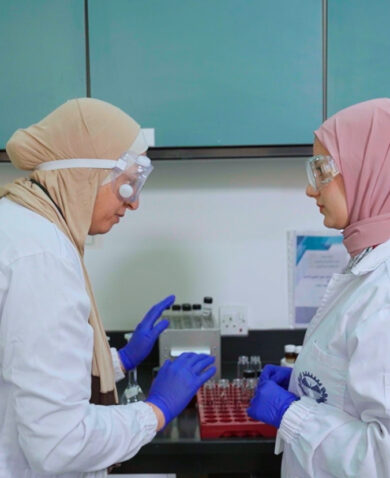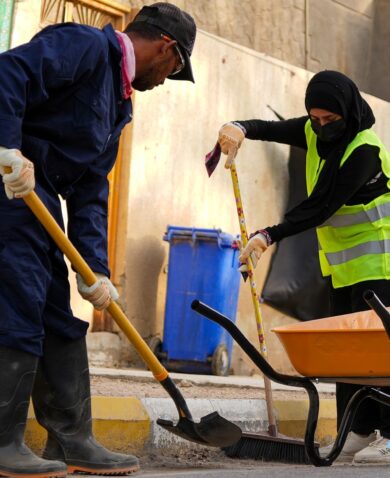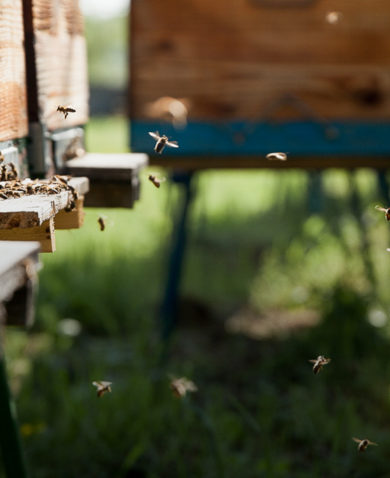Rapid urbanization in developing countries is shifting demand for agricultural goods. Meanwhile, the digitization of value chains is generating more transparent information on the pricing and movement of goods. These changes within food systems open windows of opportunity for agripreneurship — that is, entrepreneurship in the agriculture sector — both on the farm and beyond the farm gate. But due to restrictive cultural norms, discrimination, and legal barriers, rural women around the world often don’t have equal access to essential services that could otherwise pave their way towards employment and agripreneurship. They encounter greater constraints than their male counterparts in accessing market information, business advisory services, financial assets, and mentors. And, while women make up nearly half of the agricultural workforce in developing countries, they own a mere one-third of small- and medium-sized enterprises in emerging markets and comprise only 15 percent of the world’s agricultural extension agents. When economically empowered, women often reinvest in their families and communities, spurring a ripple effect towards self-reliance, prosperity, and food and nutritional security.
So, how can development practitioners build high-quality agribusiness skills training programs that not only engage more rural women and girls but that link them to real business opportunities and actualize their potential as future agripreneurs? Evidence from Chemonics’ agriculture and food security programming suggests that the development community should adopt high-impact initiatives such as creating platforms for mentorship, nurturing market-demanded skills, and promoting experiential learning.
1. Champion Mentorship
Championing successful female agripreneurs, change makers, and leaders who have broken into non-traditional positions can challenge stereotypes of women’s roles in the agriculture sector and encourage rural women and girls to reimagine their livelihoods. This was precisely the intention of the 2019 Feed the Future Week #HerImpact campaign, in which USAID and the broader development community featured inspiring stories of female leaders, influencers, and agripreneurs who unleashed their full economic potential. But, beyond championing lies the critical ingredient of mentorship. Strong female mentors in agribusiness inspire the next generation of rural agripreneurs by providing ongoing actionable advice — even beyond business ideation and startup. In male-dominated sectors — often the case in the agribusinesses of emerging economies — 65 percent of female entrepreneurs have had a female role model light their path towards success.
Through an embedded, rigorous learning cycle, our USAID Feed the Future Tajikistan Agriculture and Water Activity (TAWA) staff found that two extension training topics taught by male technical leads had lower adoption and participation rates among female participants in the Khatlon province. Many women reported feeling uncomfortable learning the material from male instructors due to cultural and religious reasons. Based on this feedback, TAWA arranged training sessions for female farmers in that province to be exclusively taught by female household extension agents from Khatlon, which fostered a culture of trust, openness, and mutual understanding. Establishing mentorship platforms for women and girls, by women and girls, is key to unlocking the growth potential of this rural demographic.
That said, while women may feel empowered by their exceptional female mentors, it is crucial for development implementers to recognize that all value chain actors contribute to creating a gender-equitable enabling environment for agripreneurship. Men play a role in determining whether gender norms remain a constraint for women, so the thoughtful integration of men in mentorship activities can sensitize them to the obstacles women may face, prevent reinforcing gendered silos, and result in women for women and men for women.
2. Nurture Market-Demanded Skills
We should not conduct agribusiness workforce development in a vacuum. Instead, pairing skills with gaps in the market is the clearest way to ensure future employability. A recent analysis of agricultural training programs in southwest Nigeria found that the majority of the training sessions taught hard or technical skills. Employers, however, indicated a more pressing need to acquire employees with “soft” or personal skills such as an ability to demonstrate initiative, persistence, positive self-concept, literacy, numeracy, and higher order thinking and social skills. While there is value in entry-point technical skills, the study suggests that competence-based training should, first, be directly relevant to existing industry opportunities, and second, should integrate soft skills that spur entrepreneurial thinking, which are often a prerequisite to acquiring additional hard or technical skills.
Supporting women and girls to pursue entrepreneurial pathways thus requires implementers and trainees to understand the skills gaps and opportunities within the agricultural market system. A flagship activity encouraging youth engagement in Uganda’s agricultural sector found that agricultural career exhibitions provide favorable knowledge and skills-sharing platforms for all stakeholders. These fairs showcase the variety of agricultural pathways along value chains, as well as the niche soft and hard skills beneficial for each role. Beyond the networking opportunity, our activity encouraged exhibitors, through memoranda of understanding, to conduct live skills training, teaching participants best practices and innovations, such as the utility of their agricultural inputs, labor-saving technologies, or smart-phone apps. By exhibiting women-owned and operated agribusinesses, career exhibitions may also alter rural mindsets around traditional gender roles in the agriculture sector.

